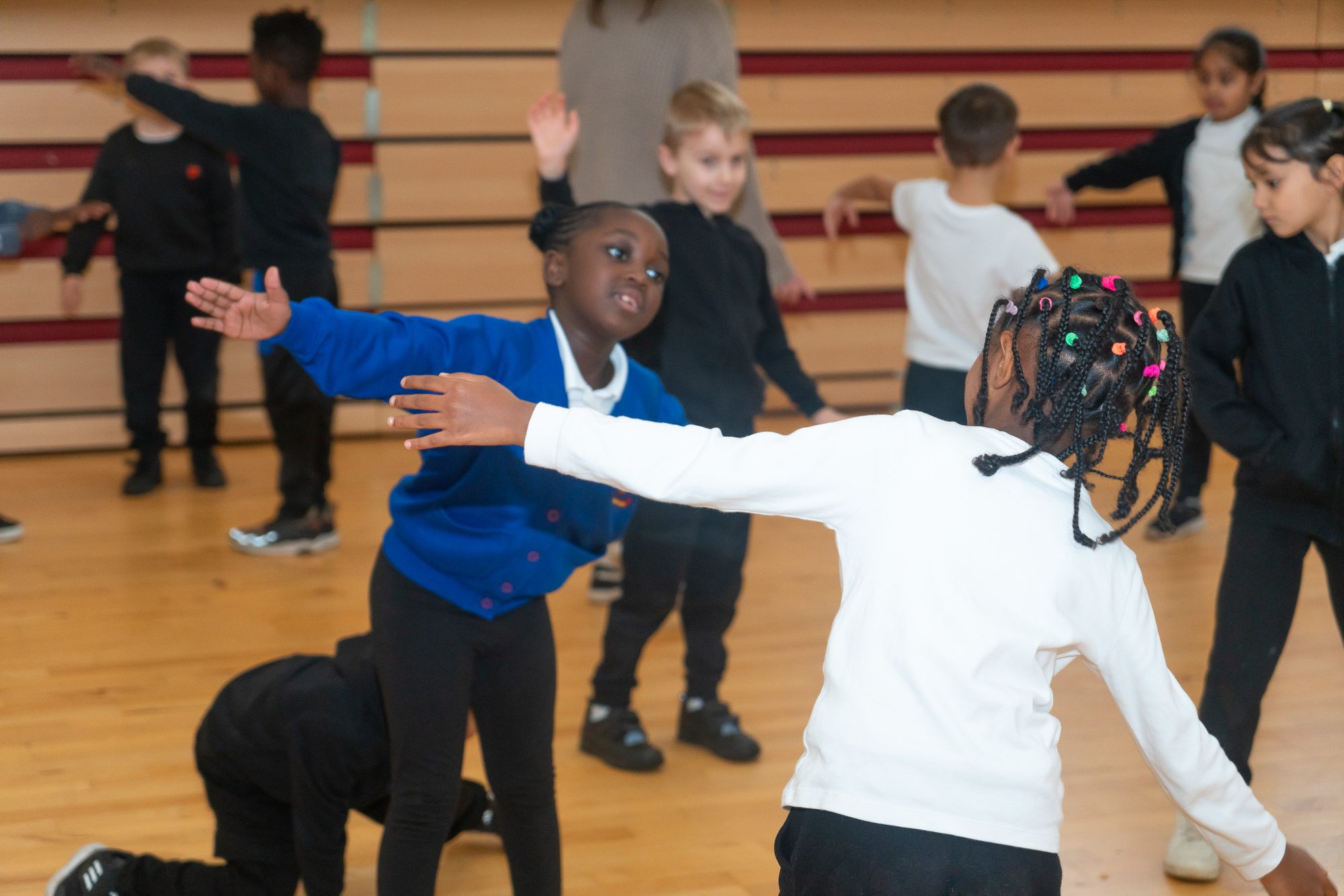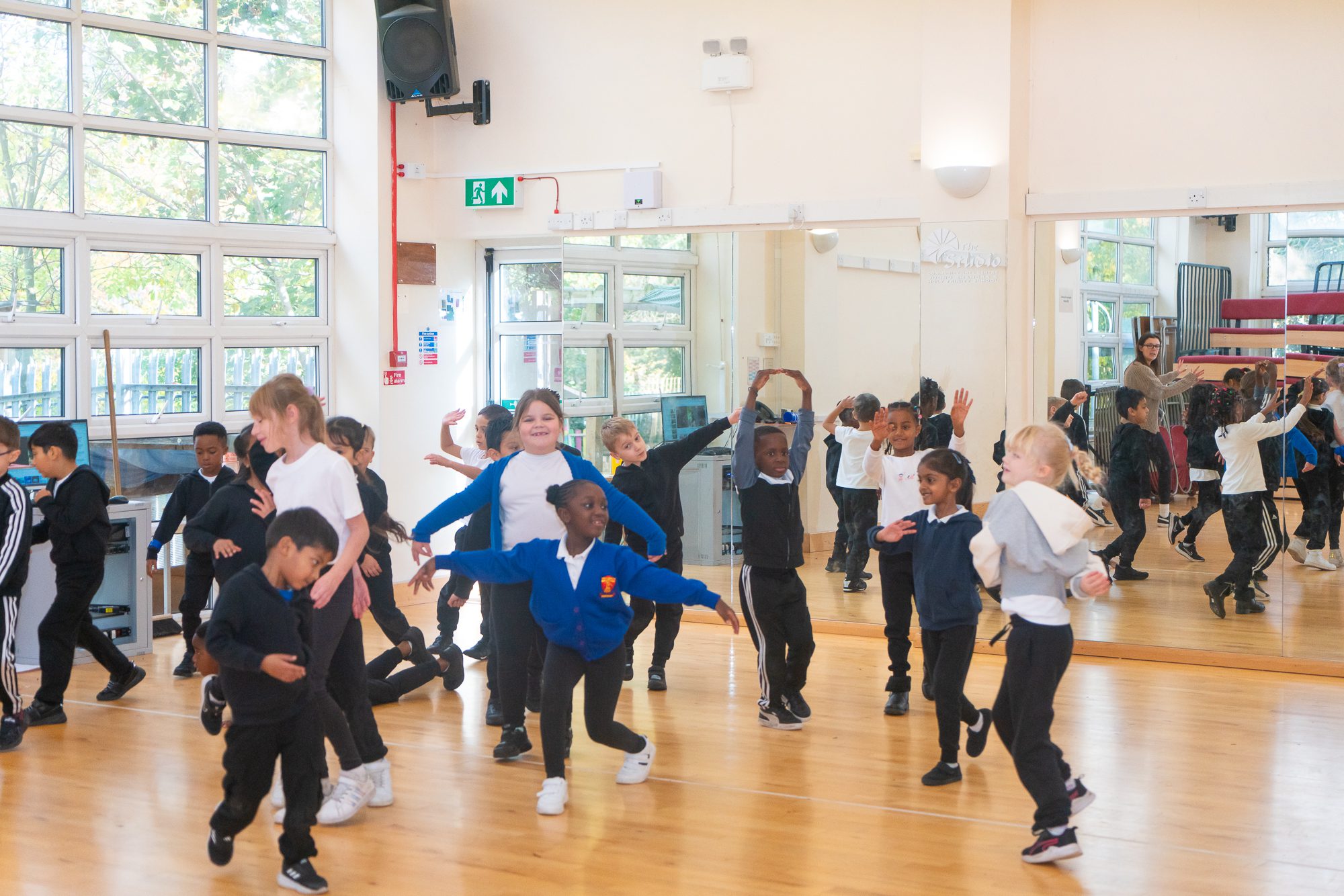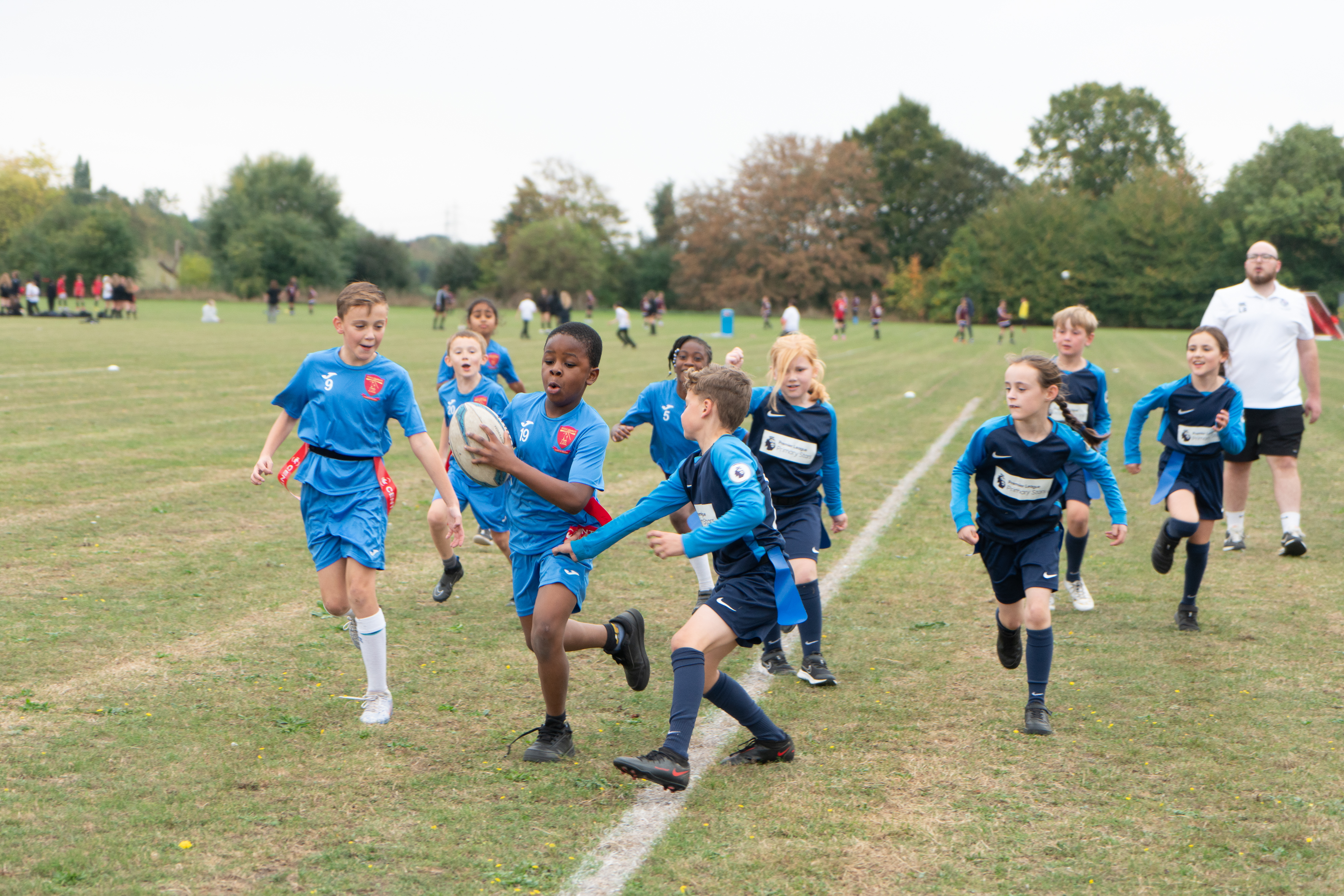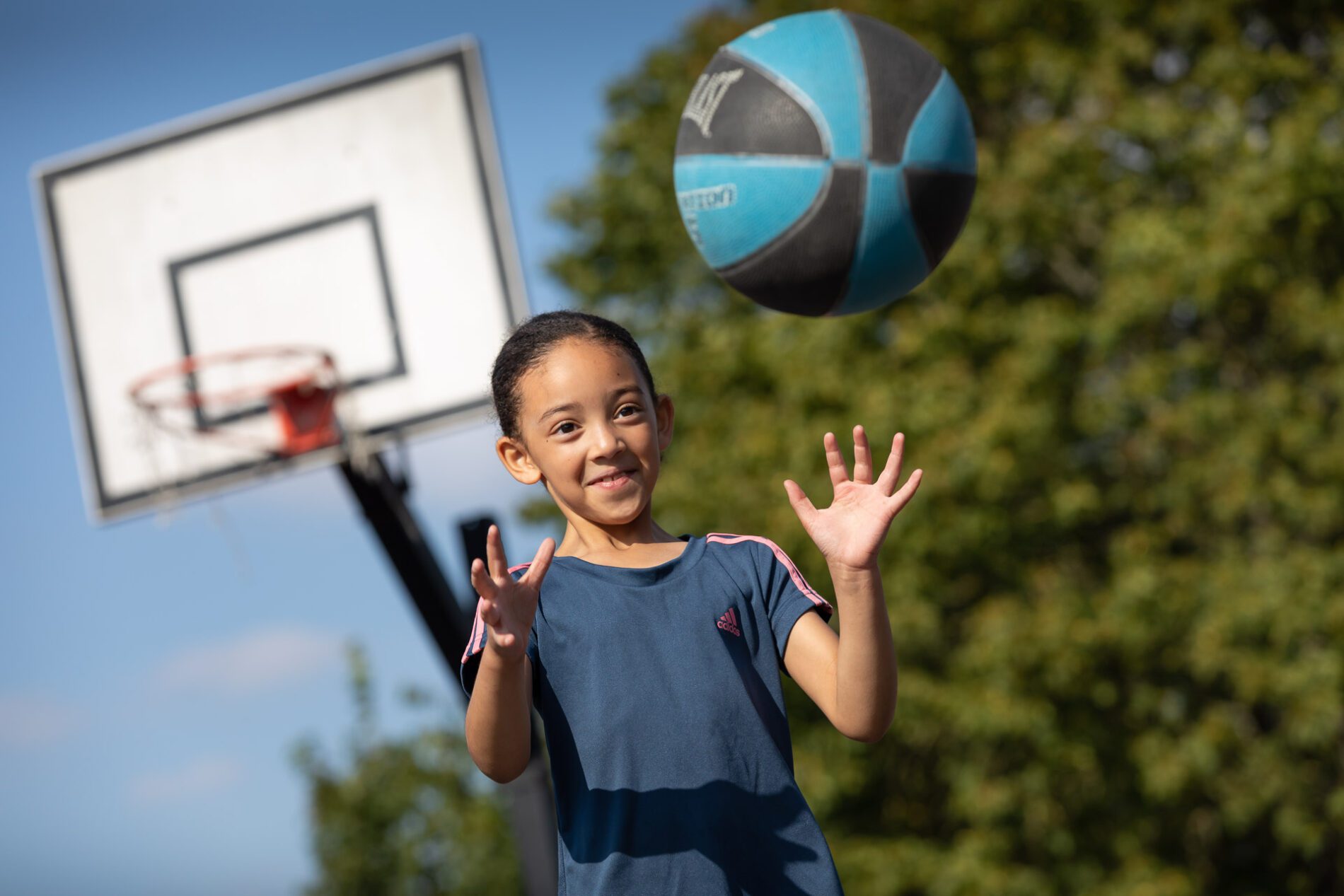Physical Education Subject Leader: Miss Z Newman
At Holy Trinity, we see sport, fitness and exercise as an important part of developing a happy and healthy lifestyle. We also believe in trying to give the young people in our school the opportunity to apply their skills in competition.
By embedding a high-quality physical education curriculum, it helps to inspire our pupils to excel in competitive sports; providing opportunities for pupils to sustain their health and fitness.
In December 2023, the school was awarded the AFPE Quality Mark which acknowledged the high level of PE provision and opportunities that is evident in the school.
For any more information on Holy Trinity’s Physical Education Curriculum, please contact the office.
Intent
At Holy Trinity C of E Primary School, we aim for Physical Education to be understood, enjoyed and celebrated in order to assist the children in developing a lifelong love for learning. Topics are informed by the National Curriculum and progressive skills are included as part of the children’s development. The PE curriculum at Holy Trinity C of E Primary School is planned and structured to ensure that the school’s approaches are informed by current pedagogy and delivered using the whole school non -negotiables. In our PE curriculum, we strive to create opportunities which will inspire in pupils a curiosity and fascination about sports that will remain with them for the rest of their lives.
In line with the National Curriculum, our school aims to:
- Maintain and stimulate pupil interest and enjoyment in P.E./Games and promote health and fitness for current and future lifestyles.
- Develop the use of correct terminology, broadening the children’s knowledge of PE and sport-specific vocabulary.
- Enable pupils to see PE and Games as major features in our lives related to leisure, employment and culture.
- Enable pupils to see PE and Games as part of a wider body of knowledge and skills that can be applied in all subjects.
- Understand the short and long-term effects of exercise on the body.
- Employ a variety of teaching methods and resources that allows all pupils (irrespective of their gender, ethnic origin, academic ability, etc) to have equal access to P.E and Games, and to experience success and enjoyment in their PE and Games work.
- Develop skills with greater fluency within PE and apply these within game scenarios.
- The life skill of swimming is to be taught in order for the children to swim competently, confidently and proficiently over a distance of at least 25 metres.
- Develop the needs of the children who have been identified as gifted or talented by identifying the needs of the individual student and provide a challenging, stimulating and innovative learning environment within and beyond the PE curriculum.
- Promote the core values of the Olympic Games and our school values of Honesty, Love and Respect.


Implementation
As part of our cross-curricular approach, our units will be taught via a combination of the class teacher and external sports coaches. Some specific sports will be repeated within a two-year cycle but with a clear progression required. In terms of the curriculum, the school currently uses a combination of Complete PE lessons and Primary Steps on Demand Programme from the Royal Ballet School.
Each unit of learning will be planned based on key PE skills that we aim to develop throughout the child’s PE learning journey. The skills covered through topics of work will:
- Enable pupils to see PE and Games as part of a wider body of knowledge and skills (E.g. interpersonal and problem-solving skills).
- Promote an understanding of the safe practice and develop a sense of responsibility towards their own and others’ safety and well-being.
- Employ a variety of teaching methods and resources that allows all pupils (irrespective of their gender, ethnic origin, academic ability, etc) to have equal access to P.E and Games, and to experience success and enjoyment in their PE and Games work.
- Develop a skilful use of the body, the ability to remember, repeat and refine actions and to perform them with increasing control, coordination, and fluency (acquiring and developing).
- Develop an increasing ability to select, link and apply skills, tactics, and compositional ideas via game scenarios (selecting and applying).
- Improve the observation and evaluation skills and the ability to describe and make simple judgements on their own and others’ work, and to use their observations and judgements to improve performance (improving and evaluating).
Impact
Throughout the PE units, children are encouraged to reflect on what they have learnt throughout the sessions including the skills in which they have developed. In PE. lessons, teachers place emphasis on a global context of sport, including implementing sporting values and the whole school values of Honesty, Love and Respect. Lessons are to offer high engagement to promote health and fitness for current and future lifestyles as well as a love for the sport and having a secure emotional well-being.
Outcomes of units are regularly monitored to ensure that they reflect a sound understanding of the key identified knowledge. Additionally, an end-of-term pupil survey is used to monitor pupil engagement and identification of skills taught.

Physical Education in Each Stage
Throughout EYFS Physical Education, children will be given opportunities to develop the main four different types of strength: core, shoulder, hand, and leg in order to gain mastery over their large muscles. This is obtained through day-to-day child-initiated activities as well as in Physical Education lessons, where the pupils are given the chance to run around, play, and participate in games, where they are also taught key motor skills such as stability and object control.
Children should develop fundamental movement skills, become increasingly competent and confident and access a broad range of opportunities to extend their agility, balance and coordination, individually and with others. They should be able to engage in competitive (both against self and against others) and cooperative physical activities, in a range of increasingly challenging situations. Children should be taught to:
- master basic movements including running, jumping, throwing and catching, as well as developing balance, agility and co-ordination, and begin to apply these in a range of activities
- participate in team games, developing simple tactics for attacking and defending
perform dances using simple movement patterns
Children should continue to apply and develop a broader range of skills, learning how to use them in different ways and to link them to make actions and sequences of movement. They should enjoy communicating, collaborating and competing with each other. They should develop an understanding of how to improve in different physical activities and sports and learn how to evaluate and recognise their own success. Children should be taught to:
- use running, jumping, throwing and catching in isolation and in combination
- play competitive games, modified where appropriate (for example, basketball, cricket, football, hockey, netball, rounders and tennis), and apply basic principles suitable for attacking and defending
- develop flexibility, strength, technique, control and balance (for example, through athletics and gymnastics)
- perform dances using a range of movement patterns
- take part in outdoor and adventurous activity challenges both individually and within a team
- compare their performances with previous ones and demonstrate improvement to achieve their personal best
- participate in swimming lessons with the target of achieving consistent stroke and breathing techniques across a set distance in addition to developing water safety skills.

Physical Education Progression
At Holy Trinity, we develop our pupil’s PE understanding through essential skills; growing their depth of knowledge year after year. We are able to monitor their progress and allocate extra support and adaptations to the curriculum for pupils to maintain a strong Physical Education.
SEND Information
PE lessons are adapted for SEND and more able pupils are challenged and given opportunities to lead and demonstrate.
Physical Education Extra Resources
Further PE Help

